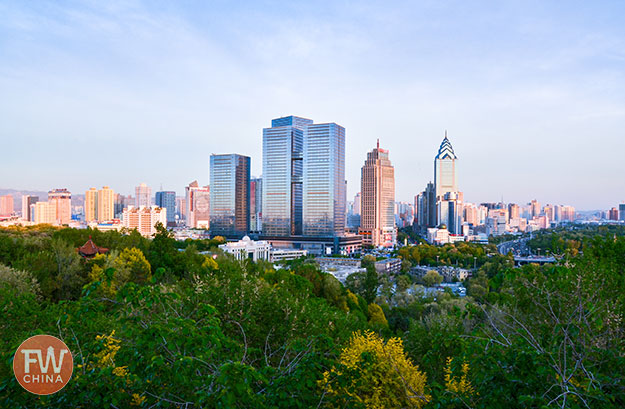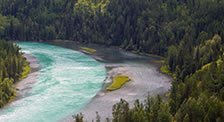Life in Xinjiang after 7.5 (Urumqi Riots)
How did the Urumqi riots of 2009 change the way people lived in Xinjiang, China? During the months that followed the riots, quite a few newsworthy events continued to shape life in Xinjiang, including the syringe scare and the outbreak of H1N1.
As always, keep in mind that this all comes from personal observation and is limited in scope to my small city.
This will hopefully give you a better idea of how things changed in Xinjiang following the riots.
- Security forces are still visible all throughout the province, including along the highway checkpoints and especially near the mosques. It has been reported that over 20,000 troops have been deployed all throughout the province and there is no hint that they’ll be leaving soon.
- Buses in many cities are now staffed by a government employee whose sole job is to ensure passenger safety. Like air marshals, they’re usually plain-clothed and they are, more than likely, a direct response to the syringe attacks.
- Bags are being checked in all major shopping areas. It’s not clear what they’re looking for, but the personnel checking the bags are regular employees, not police.
- Long distance calling has been shut down even tighter. While previously I could use a specific phone card to call home or at least receive incoming calls late at night, it seems that this “loophole” has been discovered and fixed. Communication with my family is virtually nil right now.
- Dunhuang has become Xinjiang’s most important city. And it’s not even located within Xinjiang…it’s in Gansu! Pretty much the first city outside of Xinjiang with internet access, Dunhuang has become the place for all businessmen and foreigners to go to regain access to email and business contacts. Hotels and coffee shops tell me they’ve seen a noticeable increase in Xinjiang traffic.
- Wanted posters were plastered all over each neighborhood in August showing color photos of both those who have been arrested and those suspects who are still at large. This group of about 30 mug shots include mostly Uyghur men but also boasts a couple women and Han Chinese.
- Every child must have their temperature taken before entering the school premises. If they leave during the lunch period they must take the temperature again upon returning. Any person entering the hospital with a temperature is immediately quarantined.
- Travel during the holiday was strongly discouraged. Since we’re foreigners and we needed to get on the internet we were allowed, but we first had to get permission from the local police bureau before we left. Every single one of our Chinese friends stayed home for the October holiday following the request of our employer.
- The internet is rumored to remain closed until late next year. This is the most discouraging to me. I’m not sure what advantage there is to keeping this province in the dark until April or May, but even my friend within the city government told me not to expect anything until at least the Chinese New Year. I’ve heard that our neighbors to the south are in the same situation but I’m not quite sure.
So that about covers it. We’re not suffering over here but things have definitely changed. With every day that goes by these changes become more and more routine to the point that it’s almost considered “normal”.
Personally I take comfort in many of these points, I just hope that in the future all of this won’t be necessary.






